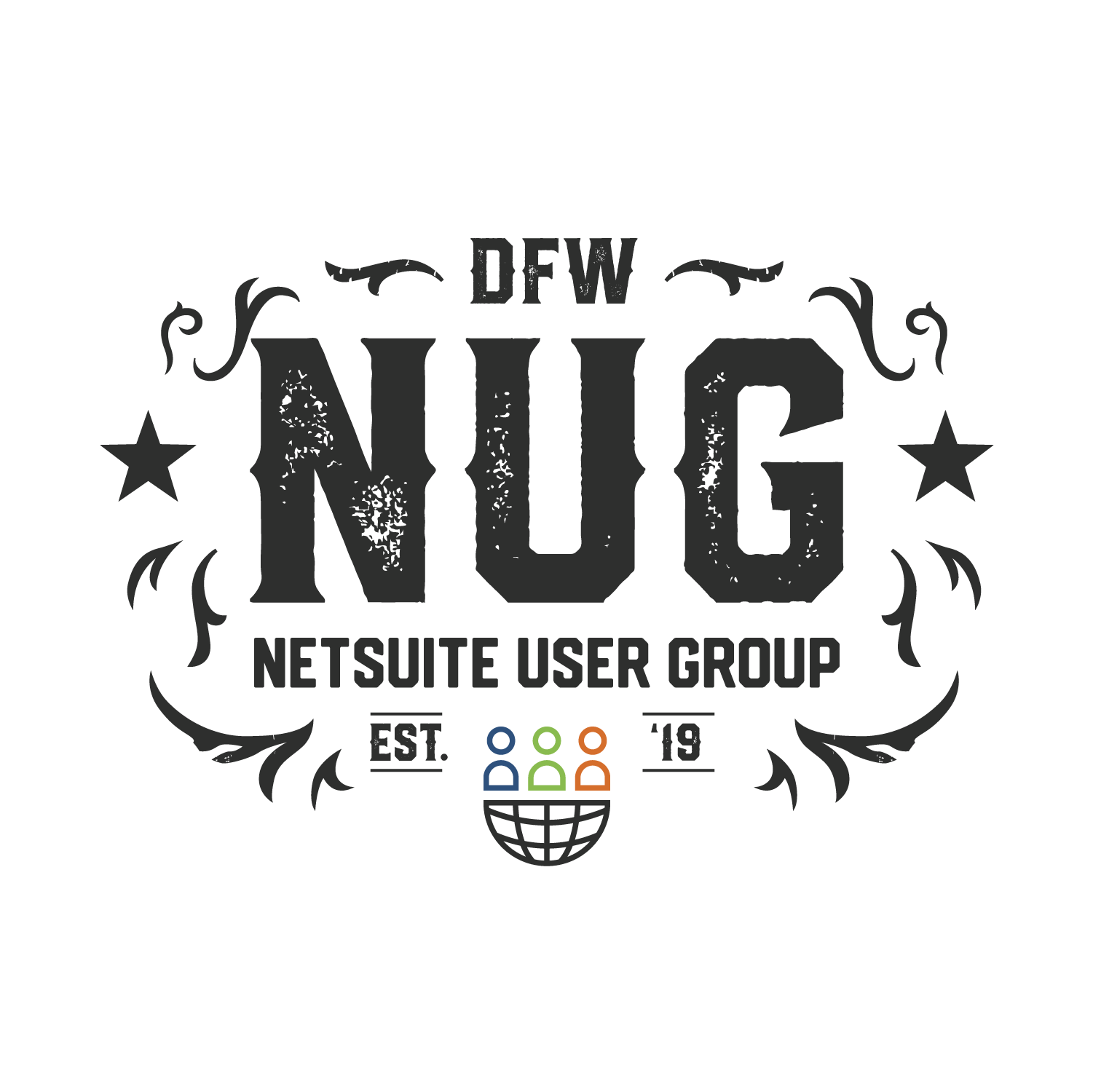
It's a New Year. Is it Time for a New System?
Over the years, QuickBooks has become the de facto standard financial software for small businesses, with more than 5 million businesses using it. QuickBooks is the best fit for many businesses on day one, but is it the right choice to enable rapidly growing businesses to sustain and accelerate growth?
In many instances, QuickBooks is inadequate. It lacks many of the capabilities that growing businesses need and provides limited real-time visibility into essential business information. Because of QuickBooks’ limitations, companies are often forced to grow by adding more systems or applications for specific purposes—which often aren’t integrated with each other—and may revise or attempt to automate certain business processes. This can result in a complex “applications hairball” that’s rife with manual tasks and bottlenecks, increases the risks of errors, can hurt the customer experience, and can limit growth.
Following is a summary of many of the issues that growing companies using QuickBooks typically face, and why so many have decided to move to NetSuite—a modern, integrated, cloud-based solution that enables accelerated business growth.
If you lead a growing business that is currently using QuickBooks and are concerned that the pain and complexity imposed by QuickBooks is limiting your business, read on to discover that you are not alone—and that there is a better way. Companies may not recognize signs that QuickBooks is limiting the business due to manual processes, errors, and lack of real-time data and visibility to make important business decisions. Here are five triggers that serve as red flags:
It’s difficult to find out what’s really happening across the business in real-time
QuickBooks was designed for an era when companies could wait until the end of the month to get the data they need. That’s not the case today—consolidated views and up-to-the-minute reporting can make the difference between thriving and barely surviving.- Team members waste time playing “Hunt for the Spreadsheet.”
- Management reports are error prone and out of date.
- QuickBooks reports take too long to run.
- It is impossible to get a comprehensive view across all business units.
Manual processes are used to enter and reconcile data across systems
In today’s networked world, it is frustrating for suppliers, customers, and business managers to wait for answers while information is manually transferred between systems. Incompatibilities between systems and imperfect integration have left employees copying data between systems. These symptoms are a sign that it may be time for your business to transition away from QuickBooks:
- Sales orders, order entry, and invoicing are paper-based.
- Incorrect customer information results in customer dissatisfaction.
- Approval processes are slow and disjointed.
- Financial consolidation takes ages.
- Sales forecasting and budgeting processes rely on guesswork, rather than facts.
Sales are lost because employees can’t get information where it is needed fast enough
Ecommerce has set the standard for customers these days. They expect to see real-time stock levels, confirm delivery schedules at the same time they place their order, and call customer service minutes after placing an order to add an extra line item. But this level of real-time responsiveness is impossible with limited desktop systems like QuickBooks. Growing businesses can’t expect to creak along while others fly at on-demand speed. Here are some warning signs that reliance on QuickBooks may be costing you sales:
- Customer service fails because agents don’t have up-to- date information.
- Stock levels are never where customers want them.
- Customers and vendors don’t have access to self-service information on your website.
- Customer information can’t be easily collected or filtered for sales campaigns.
More accounting is done outside QuickBooks than in it
QuickBooks was designed to automate a limited set of core accounting functions. As a result, it limits how companies run operations. As businesses grow, companies must adapt their processes to fit the application, rather than vice versa. It is easy to run out of headroom when companies have more customers, vendors, or inventory items than QuickBooks can practically handle.
- Finance staff members must use several different applications to do their jobs.
- It is too difficult to add new sales channels, product lines, or locations.
- It is impossible to adapt quickly enough to changing business conditions.
Every time a company adds a new layer of business software, the underlying systems infrastructure becomes more complicated and inflexible. Earlier investments in hardware and software are costly to maintain and fail to keep pace with technology innovation.
The latest generation of cloud-based, on-demand business systems is built from the ground up for flexibility and agility, without the overhead of maintaining the underlying technology layer. These products are designed to stay up-to-date with the state of the art in business automation, giving companies the tools needed to stay ahead of the competition and to seize new opportunities as they emerge.
Next Steps
If your growing enterprise is experiencing any of the pains discussed where QuickBooks may be limiting your business growth, it may be time to consider the cloud-based products and services that NetSuite offers. Moving your company to NetSuite’s integrated suite of cloud-based solutions allows for more efficient and effective business operations—essential for growing an organization and enabling employees to react to client and organizational needs in real time.
If you can relate to the signs above and feel like your organization has outgrown QuickBooks, The Vested Group is ready to help. Submit your contact information below and we can help you map out your move to the cloud.





